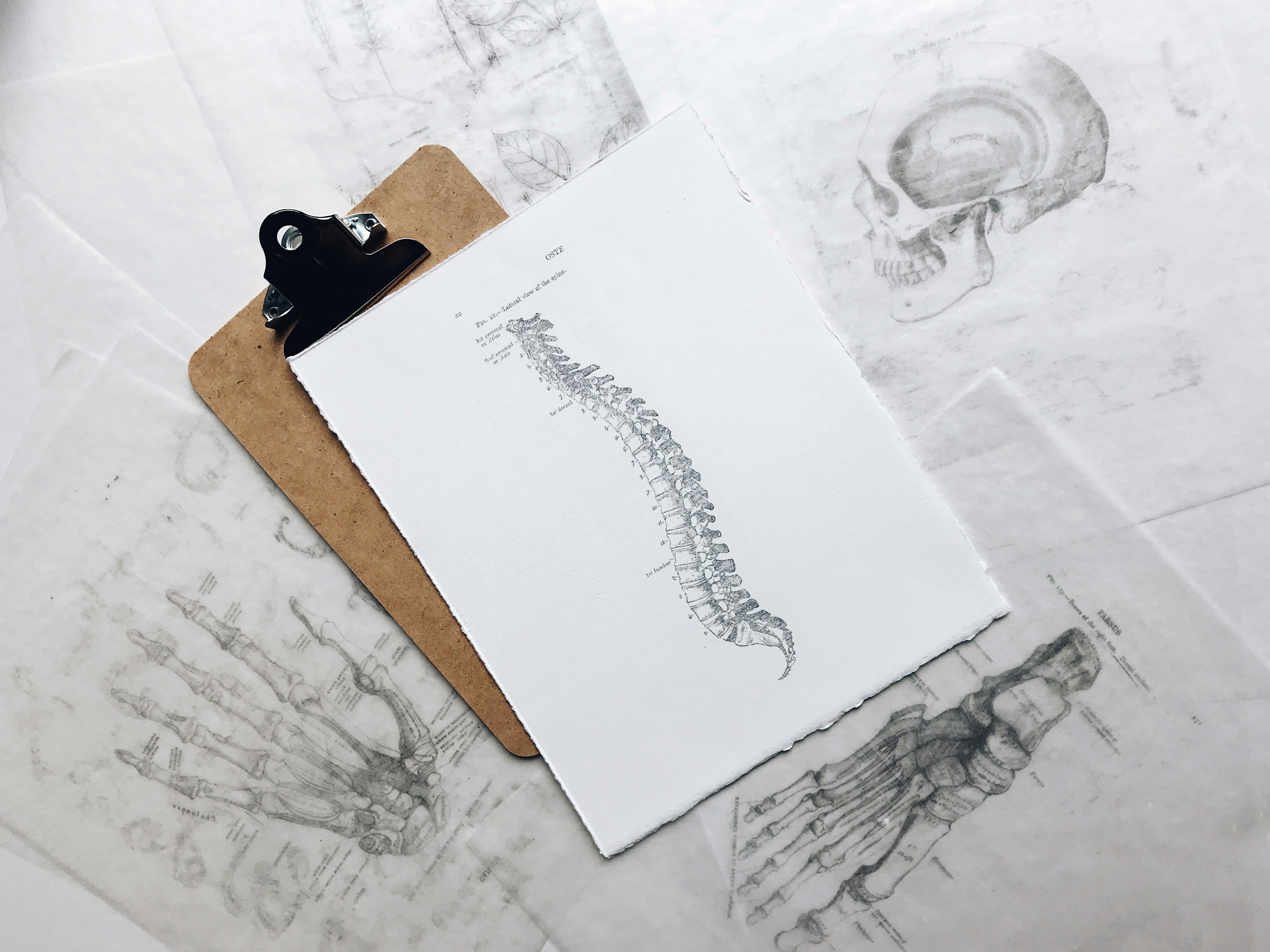Did you know that over one-quarter of people in the United States suffer from chronic pain? Chronic pain is one of the most prevalent issues encountered in outpatient medical settings. In 2023, 24.3% of US adults had chronic pain, and 8.5% had high-impact chronic pain (HICP) that frequently limited daily activities.
Living with long-lasting pain after an injury can be devastating. It’s not just about aches but rather it is a daily reminder that things haven’t healed like you hoped. It is normal to think about medical expenses and lost wages. You can address these worries by taking legal steps to protect yourself.
According to chronic pain attorney Lyndon R. Helton, whether chronic pain occurs because of a broken bone, a muscle injury, or something more traumatic and life-changing, an attorney knows how to evaluate your case and seek compensation from a negligent party if necessary.
You need to know your rights and benefits that might be made available to you, either through a claim for personal injury or through worker’s compensation. This article will present the legal options you have if you want to manage chronic pain following an injury.
Understanding Chronic Pain and Its Impact
You wake up each morning hoping to avoid the intrusive discomfort of chronic pain, which can make even modest chores feel challenging. You withdraw from your family and friends because you couldn’t function the way that you did before and it only intensifies your feelings of loneliness that come from pain itself.
Constant battle with pain could increase emotional distress, anxiety, and depression, thereby presenting more obstacles. You might find it hard to focus in daytime hours or perhaps engage in the hobbies you once took pleasure in. This situation can lead to a lower quality of life. Chronic pain awareness is important for you, for it will help you choose options.
Recognizing how chronic pain affects your daily life can urge you to take the necessary support and resources.
Personal Injury Claims: What You Need to Know
Chronic pain can add weight to personal injury claims because it makes everything difficult for you to do. Severe pain can be considered as catastrophic injury and according to law firm site https://www.fulmersill.com/, due to the profound impact of your pain, you might need extensive medical treatment, long-term care, and significant adjustments of lifestyle.
The first step towards holding the right people accountable is by filing a claim.
You need to organize the relevant documents, including hospital records and bills. They will serve as proof for your claim and to demonstrate the nature and extent of the injury sustained.
It is important to make a daily record of your pain levels and how this impairment affects your life. These pieces of evidence might be important for your claim.
Depending on the state, one must also account for the limitations of time. A suit that was filed late can compromise your claim.
Find a personal injury lawyer who will represent and work for you to seek just compensation for the pain you have endured.
Workers’ Compensation: Your Rights and Benefits
If you sustain an injury and develop chronic pain at work, it is a good idea to be well aware of workers’ compensation rights.
The worker’s compensation system seeks to provide financial support in respect of medical expenses, income lost, and even rehabilitation fees. You can claim for all treatments for your injury, including those for pain, medications, or physical therapy.
You may receive some disability benefits if your chronic pain prevents you from working. Notify your employer about the injury as soon as possible and observe the time limit to file a claim.
Once you know the law, they can help you handle the process and get benefits. Do not hesitate to hire an attorney should you be confronted with obstacles.
Gathering Evidence to Support Your Case
Gathering evidence for a chronic pain claim will require long and painstaking documentation. Start by listing your pain complaints and their effect on your life. Keeping a diary of the intensity of the pain, duration, and any possible trigger is highly recommended.
Your therapist, doctor, and specialist will give you your medical records. Don’t hesitate to discuss with them your diagnosis, treatment plan, and the effects of the medications they have given you.
Try to request statements from people who have witnessed how bad your situation is, including relatives or friends. Don’t forget to acquire any relevant employment records, especially if your discomfort has made it hard for you to work.
If possible, consider bringing in an expert to speak in favor of your case. Every piece of evidence goes toward illustrating the severity of your condition and validating your claim effectively.
Dealing with the Legal Process and Seeking Professional Help
The legal process for these chronic pain claims can truly be quite daunting, but you do not need to do everything independently.
It is highly recommended you retain an attorney for such matters. They understand the nuances of the laws and can assist you from filing your claim to settlement negotiation.
You will then have to present your lawyers with your medical records or any evidence that may help back up your claim. The lawyer would then assist you in organizing that information.
Medical professionals should be consulted to understand how chronic pain impacts you. Medical and legal expertise will only serve to cement your claim so you do get paid for your pain and loss.
Never be afraid to ask for help.

